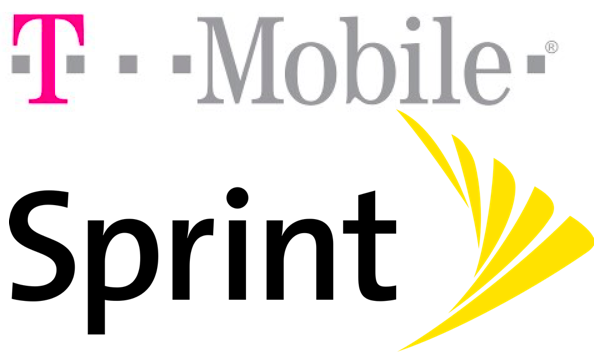(Wikimedia Commons)
For the past week, the announcement of a merger between cellular giants T-Mobile and Sprint has upended the telecom world. Touting improved coverage and unprecedented technology, the two corporations are rapidly moving toward realizing this partnership.
But what exactly does this mean for America’s nearly 240 million cellular consumers?
Sprint customers—specifically—could see enhanced coverage as a result of a coalition with T-Mobile, whose capabilities have rapidly eclipsed Sprint within the last few years. These improvements, however, are not confined to Sprint. Both companies’ service capacities would benefit from a joint use of resources.
In addition to improved coverage, customers of a joint company would enjoy far more amenities, such as short-term trial contracts and phone upgrades.
If the merged corporation incorporated T-Mobile’s slightly higher price points, however, costs for these services, as well as unlimited data, would all rise.
Both Sprint and T-Mobile have also boasted a revolutionary 5G wireless service as a central reason behind the merger. Although both companies claim that the only way for the United States to catch up to China in terms of 5G development is through a merger, the amalgamation is more about both companies catching up to their larger competitors, AT&T and Verizon, in revenue than implementing 5G. Furthermore, this would be impractical, as efficient 5G wireless remains at least a decade into the future. Simply put, they would not deliver on this promise.
Because of this, both T-mobile and Sprint have remained rather vague about their exact plan, and the concrete details of their vision for a merger remain elusive.
Most importantly, a T-Mobile – Sprint merger would bring significant antitrust concerns into play. Similar mergers have been blocked by the FCC twice since 2011. Regardless of publicity that claims otherwise, reduced competition in an already oligarchical industry would decrease incentives for cellular companies to maintain lower price points and offer enticing packages.
Many advantages and innovations would certainly result from a T-Mobile and Sprint merger.
But impractical plans, turbid specifics, and broader economic concerns would leave cellular consumers footing an even larger bill than before.
In the best interest of cellular consumers, the FCC should nip this Sprint- T-mobile coalition in the bud.








